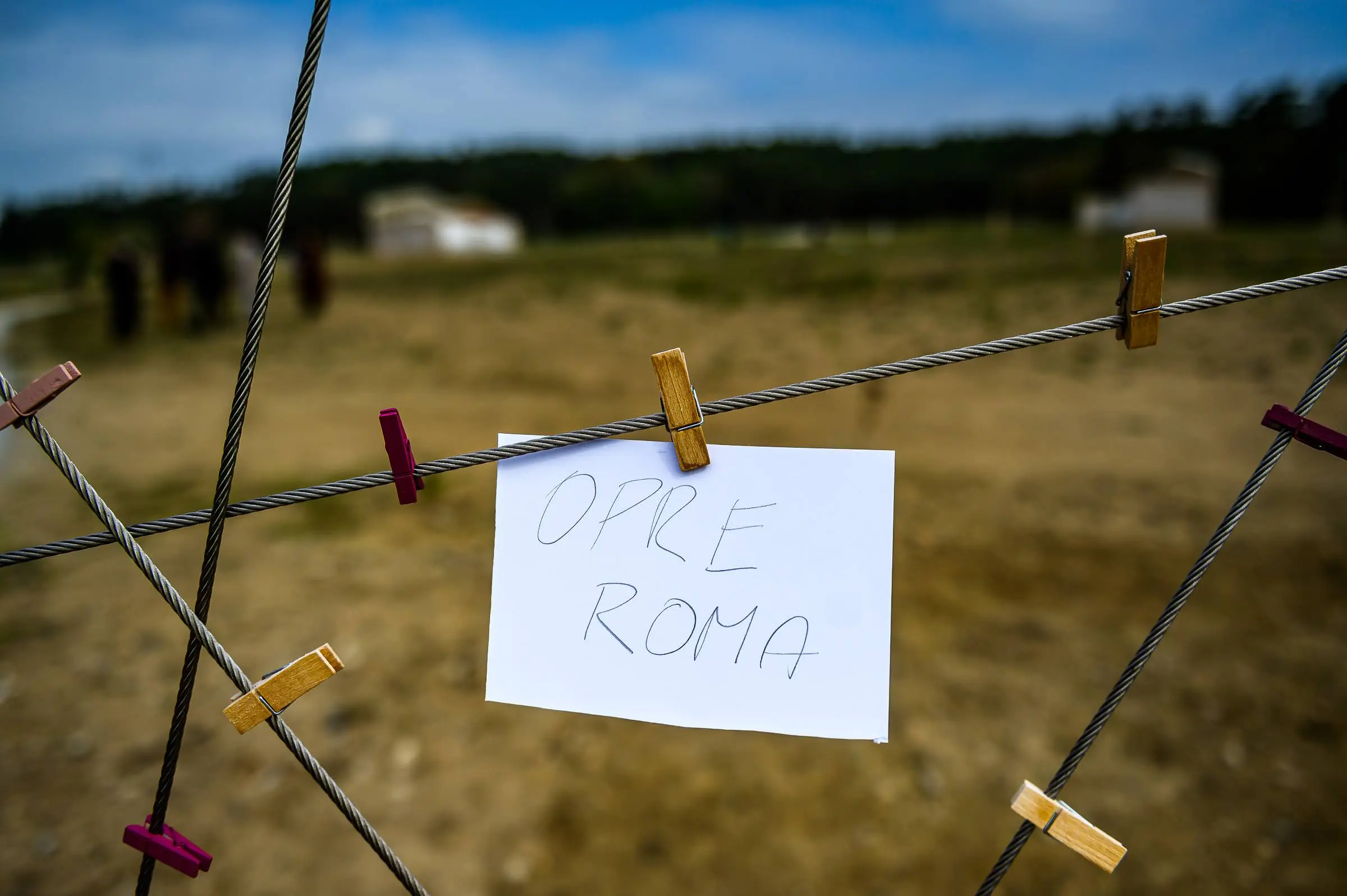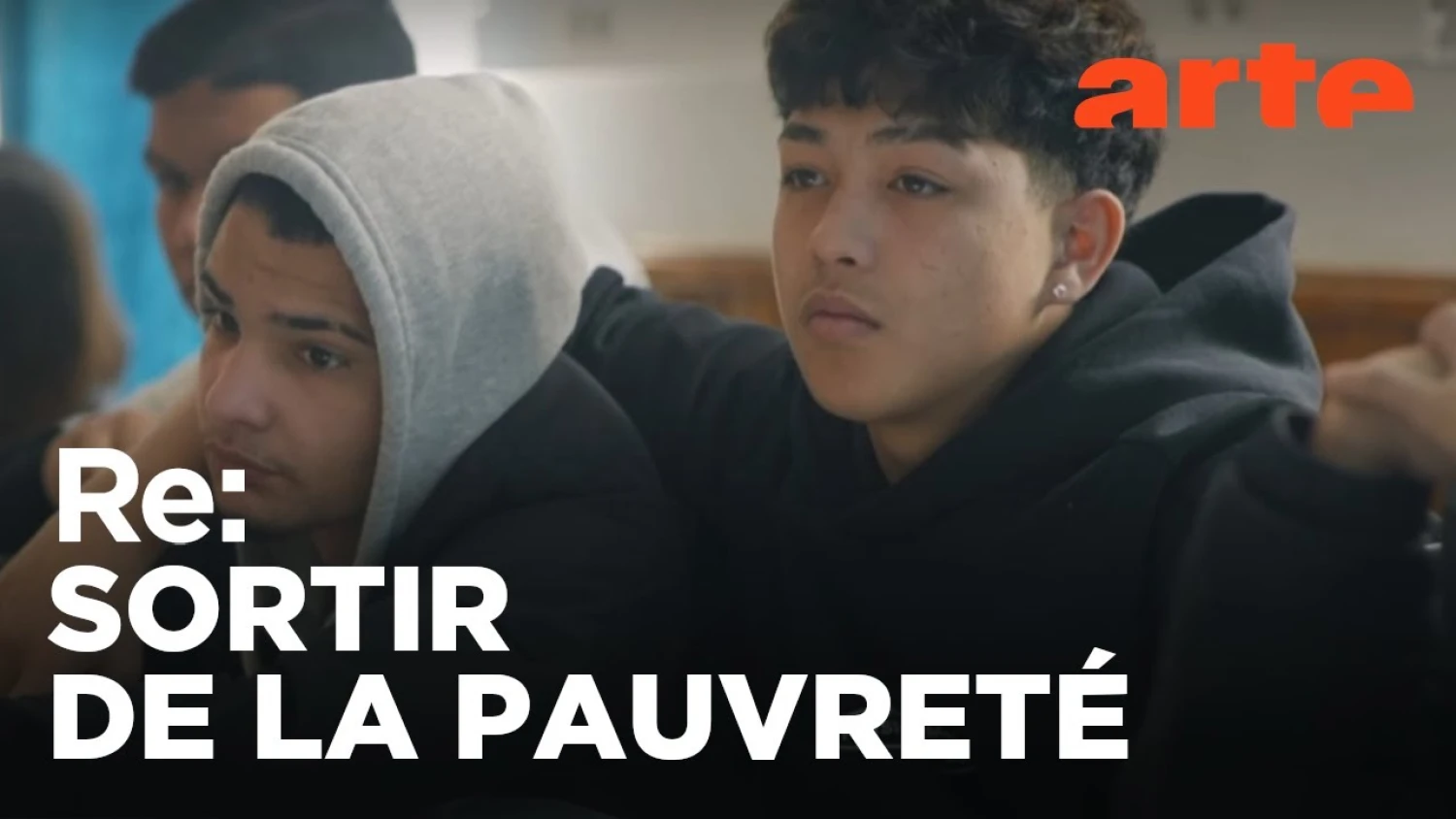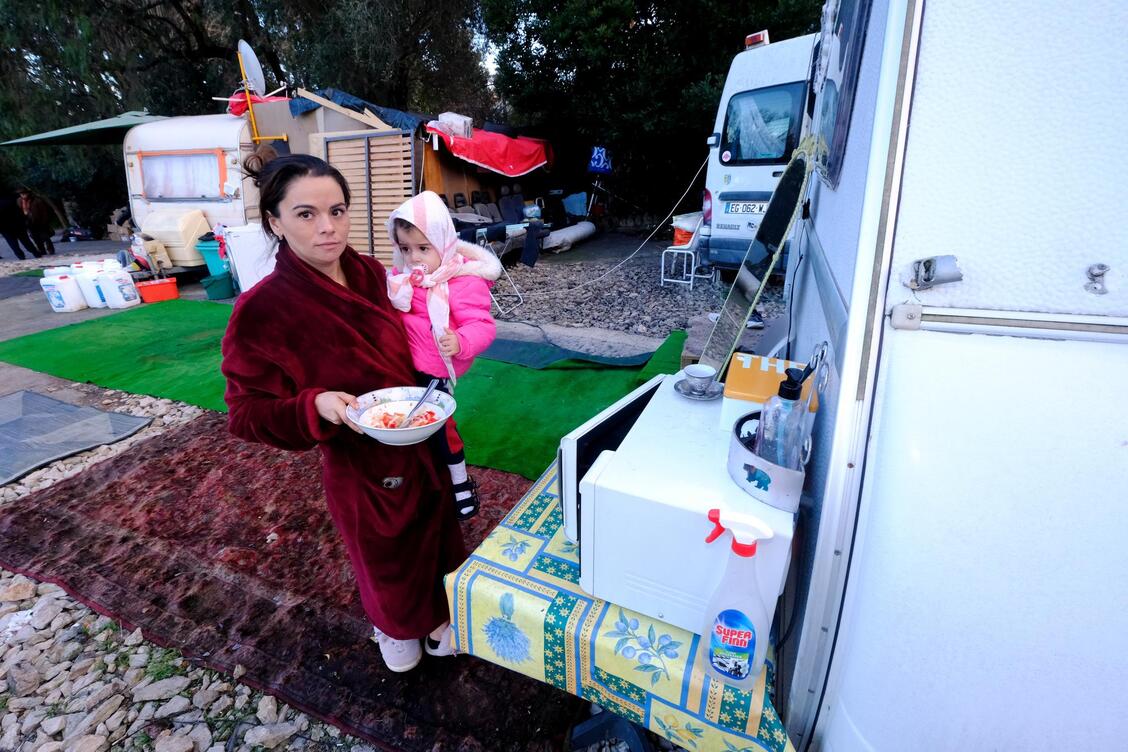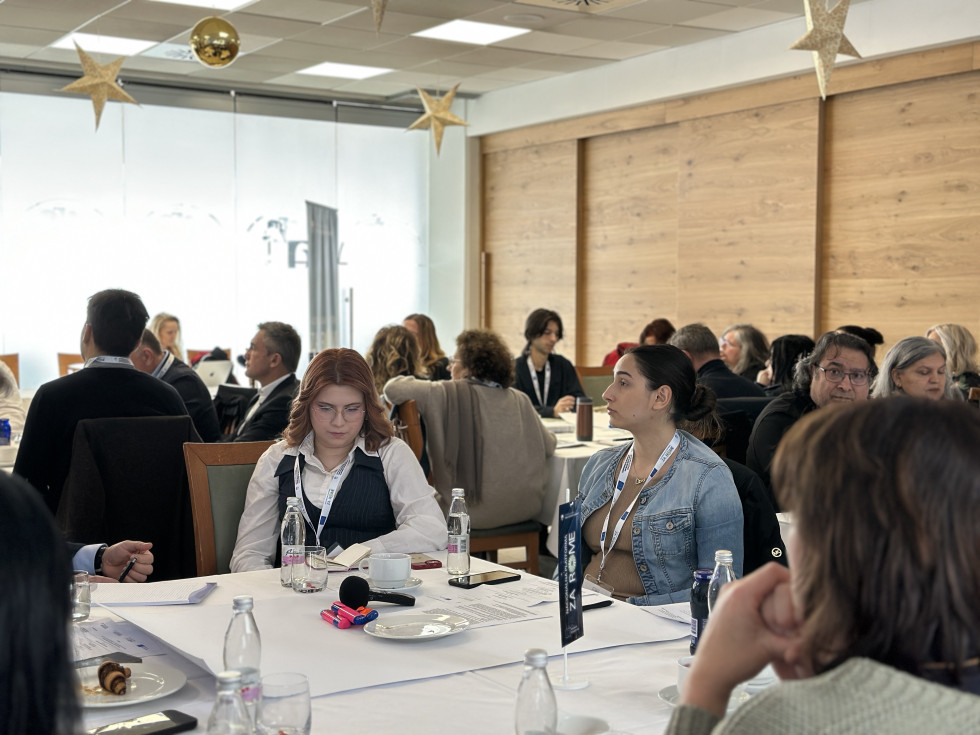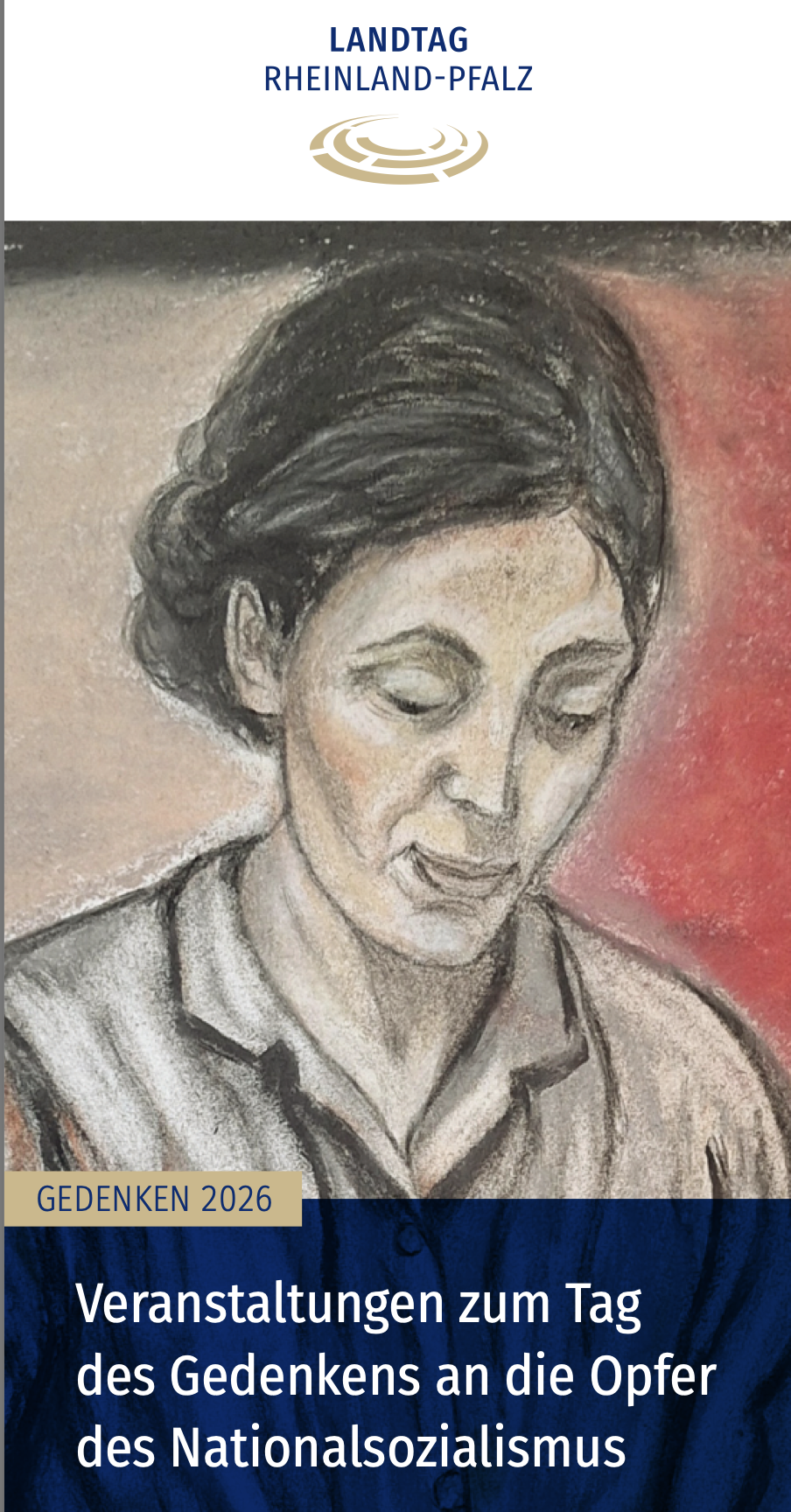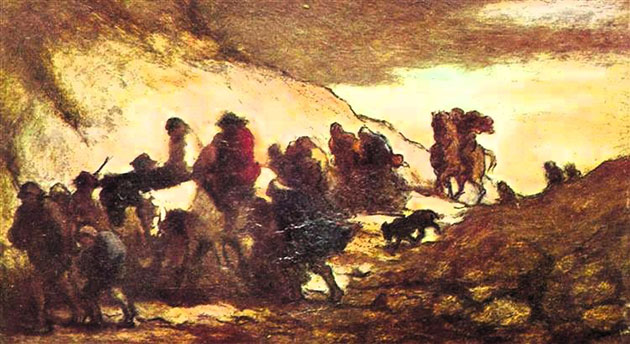On Wednesday, 14 January 2026, the Inaugural event of the National Platform for Roma (SIFOROMA 7) project took place in Lendava.
The event was attended by representatives of the judiciary, ministries, social work centres, Roma associations, non-governmental organisations, local primary schools and folk high schools, municipal officials, police representatives and a local member of the National Assembly.
The project is a continuation of the SIFOROMA 6 project, in which we strengthened the national consultation process on the situation of Roma and, together with various institutions, developed responses to challenges in the field. The SIFOROMA 7 project will build on these foundations with new partnerships and measures, with a special emphasis on identifying and preventing early and forced marriages in the Roma community.

